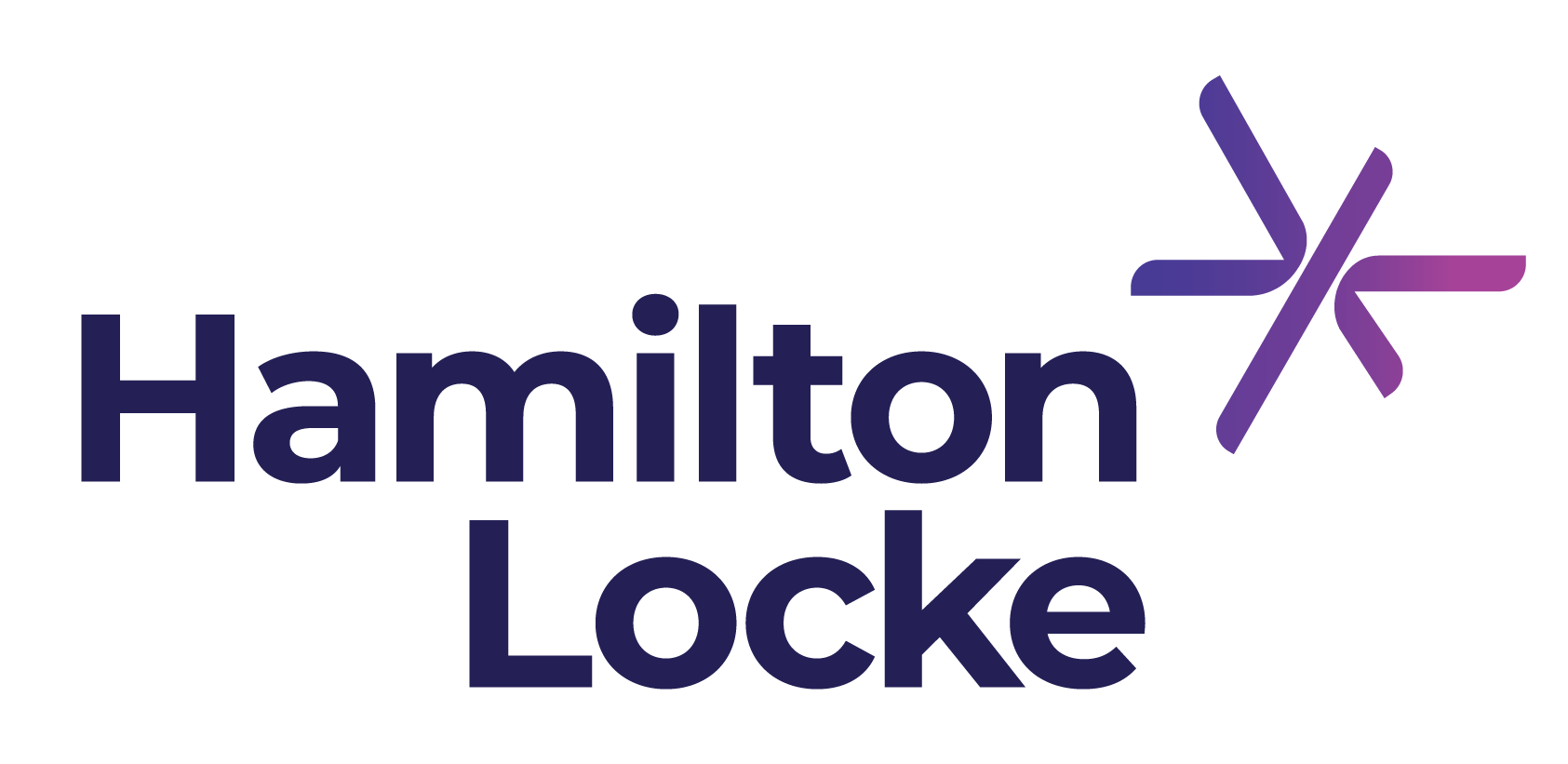BNPL CODE – TO B OR NOT TO B A MEMBER?
Published on Mar 11, 2021

The Australian Finance Industry Association (AFIA) has released a new voluntary Buy Now Pay Later (BNPL) Code (Code) to address criticism that the industry is under-regulated and to enhance consumer protections. The objective of the Code is to encourage a customer centric approach, promote industry standards and drive an uplift in compliance. In doing so, the Code imposes several conditions and protections that go beyond the current legal and regulatory regime for BNPL providers.
Although the Code is not compulsory, 8 major BNPL providers have signed up as members and were Code compliant on the 1 March 2021 launch date.
For many of the current compliant members, it is fair to say that minor (if any) changes were required on becoming Code compliant. Nevertheless, the Code serves multiple purposes that seek to raise the standards of the industry. It does so by setting an industry benchmark that (in some respects) goes beyond the current legal and regulatory framework. It will be interesting to see the impact the Code has on the BNPL industry, providers and customers – particularly whether the Code fuels any competitive or market pressures in the industry or changes to the user experience.
In this blog, we take a look at the Code and highlight where we think the Code raises industry standards, simply maintains the status quo, or may be wanting.
What is the Code?
The Code is a set of 9 standards that BNPL providers that are “Code compliant” pledge to follow.
At a high-level, the standards require BNPL providers to:
- Focus on customers;
- Be fair, honest and ethical;
- Have transparent products;
- Conduct suitability checks;
- Review products on an ongoing basis;
- Fairly deal with complaints;
- Provide financial hardship assistance;
- Comply with legal and industry obligations; and
- Promote the code.
How has the Code gone further than the current regulatory framework?
In answering this question, we have compared the current framework to the standards.
AFCA
One of the more significant changes is that the Code will require members to join AFCA, an external dispute resolution body for the financial services and credit industries.
Although not a current requirement under law, we have definitely seen a recent push by providers in the BNPL sector to join AFCA to provide further recourse to customers and add a level of rigour to the complaints process. It is positive to see a willingness within the Code to be bound by the additional oversight of AFCA, which is also a benefit to customers.
Vulnerability and Hardship
The standards do impose a commitment to consider customer vulnerability before providing services. This is a great initiative and particularly important given 21% of BNPL users ASIC surveyed missed a payment in the last 12 months. It also goes above and beyond the current regulatory regime as currently there is no specific regulatory requirement to consider vulnerability.
We note that the vulnerability requirements are similar to those that apply in the banking and insurance space – they are quite high level and rely on the customer informing or actively demonstrating that they are vulnerable. As outlined in our previous blog on vulnerability, this approach does pose some challenges from an implementation point of view and requires a fair amount of self-advocacy by customers. This may be particularly tricky for the BNPL sector given the demographic is heavily skewed to younger customers who may have never owned a credit card.
Interestingly, there will be a requirement for BNPL providers to consider hardship requests. The hardship requirements are not as robust as those that apply to consumer credit under the National Credit Code. However, the requirements seem to be appropriately pitched given that BNPL products are not regulated as consumer credit. The standards also impose a number of automated and helpful measures to protect customers who may be suffering hardship, including:
- Taking reasonable steps to exclude customers from receiving promotional material where they have a financial hardship arrangement; and
- If a consumer is behind in payments at the time, not providing any additional BNPL products or services or increasing their current limits.
A further win for customers is that the Code states “we will never initiate bankruptcy proceedings”. This is certainly a positive outcome for customers. However, this protection may be lost if BNPL providers on sell the debt to a debt collection agency.
Credit / Suitability Assessment
One of the most significant inclusions in the Code is the implementation of a credit suitability framework. While the proposal falls short of the responsible lending criteria in place for credit providers, it is a step in the right direction and seems to strike a reasonable balance between consumer protection and efficient business practice. This is particularly so in light of the changes proposed by the Government last year to water down the responsible lending laws following the ASIC v Westpac case.
While the Code’s credit suitability checks add a further layer of protection for consumers, in our view, credit businesses (especially those that are maturing) often implement some form of credit risk assessment to manage their book of business and mitigate bad debts. For many BNPL providers, this may be a business imperative to ensure future and sustained growth and investor interest to maintain the record valuations we have seen throughout the COVID-19 pandemic.
How has the Code fallen short of the current regulatory framework?
There are a number of areas where the Code falls short of the current regulatory standards of other industries.
Transparent and Reviewed Products
The BNPL industry will be subject to the new design and distribution obligations (DDO) that come into effect in October 2021.
Standards 3 and 5 of the Code set out some guidelines for creating products, and providing disclosure around fees, including notice requirements and ensuring that products are transparent and suitable for customers. The DDO requirements will be more involved than those in the Code and it remains to be seen how the Code will lift standards in this space particularly given that BNPL providers should be taking action now to be DDO compliant from October.
Impacts on Credit
One thing that the Code doesn’t address is educating consumers on the impact BNPL products may have on their credit rating. While many BNPL customers may not currently hold other credit products, future applications for credit cards and home loans may be impacted if they have had issues repaying any BNPL products.
Impact on Merchants and Partners
The Code has included some requirements on merchants and retail partners to meet certain standards. While this is a positive initiative, in our view many of the obligations imposed by the Code would already need to be managed by merchants in order to comply with their obligations relating to unfair contracts and misleading and deceptive conduct.
How to join the code?
Any BNPL industry players that think they are Code compliant may apply for membership of the AFIA. All applications are assessed by an independent Committee (which does not have any representatives from current Code compliant members). This should encourage fair dealing and allay any concerns of anti-competitive behaviour.
What does the Code mean moving forward?
The Financial Conduct Authority (the UK’s financial regulator) has recently made moves to tighten the regulatory leash on BNPL providers and there have been growing voices within Australian circles to force BNPL to be completely regulated as credit in Australia. We think that ASIC will be closely watching the UK’s approach. Australia has followed the UK’s lead on a number of initiatives in the financial services space (e.g. Opening Banking) and this could be another example…watch this space!
In time, we will be able to assess the impact the Code has had on the industry standards. It will be fascinating to see if the Code drives market and competitive tailwinds in response to changes in consumer and merchant behaviours, which encourage (or make it essential for) smaller and/or boutique BNPL players to sign up to the Code.
If you need help in getting Code compliant, get in touch – we’d be happy to help.
Jaime Lumsden, Michele Levine and Nicholas Pavouris
March 2021


